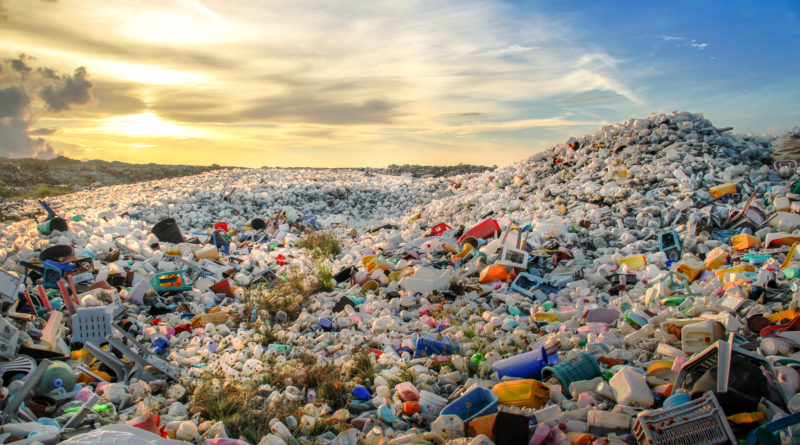This Development Could Solve Many Of Plastic’s Notorious Problems
20,108 total views, 3 views today
Plastic is everywhere, but its omnipresence isn’t necessarily a good thing. Sure, plastic has given us tons of lightweight but sturdy objects such as cups, toothbrushes, and food storage containers, but the sheer magnitude of plastic we use directly pollutes remote regions of the world, reduces important pollinator populations, and harms marine life.
Much of the plastic that makes its way into the environment and causes these harmful effects is actually due to recycling. We’re often told that recycling our plastics is a great way to fight plastic pollution, but many plastics can only be recycled a small number of times before being treated as any other trash might. It’s these unrecyclable plastics that most commonly make their way into the environment as trash and pollution.
However, a team of scientists may have recently discovered a way to make plastics infinitely recyclable. Their innovations may allow us to recycle plastics entirely worry-free for the first time ever.
Earlier this week, scientists with the Department of Energy announced their innovation. These researchers, who are part of the renowned Lawrence Berkeley National Laboratory at the University of California-Berkeley, wrote in the scientific journal Nature Chemistry that they had engineered a plastic they’re calling PDK, short for polydiketoenamine. PDK can be broken down into its original molecules and then reformed into new shapes, textures, and even colors as many times as needed, potentially revolutionizing the plastic recycling process.
The team behind this PDK breakthrough attributes our current recycling woes to the abundance of additives found in modern-day plastics. It’s these substances, which give plastics extra resilience, that interfere with our current recycling processes. PDK, the scientists claim, would face no such issues. In a statement issued alongside the Nature Chemistry study, the scientists pointed to certain additives in particular — fillers, dyes, and flame retardants — as responsible for the loss in plastic quality that often accompanies recycling and makes the recycled products unusable.
If PDK were to be adopted for use in plastic manufacturing on a mass scale, it would utterly revolutionize the way we recycle our plastics. Currently, at most 30 percent (and possibly as little as 20 percent) of plastics marked for recycling are actually capable of having a second life. Furthermore, plastics that are of high enough quality to be recyclable are often mixed with lesser-quality plastics for recycling, meaning that the final products of recycling can be unpredictable. It’s this phenomenon, according to the team behind PDK, that has prevented the discovery of such an adaptable, versatile plastic — until now.
According to Peter Christensen, the lead author of the Nature Chemistry study, PDK is the first plastic that, at the molecular level, bonds with additives in a fully reversible manner. PDK can thus be fully recycled without the degradation worried about in the plastics we currently use every day. The PDK team now plans to add a plethora of new additives to the plastic and see how PDK’s recyclability varies, if at all, by each individual additive. If what they’ve stated about its reversible bonds holds true with further research, PDK may become the future of sustainable plastic production.

